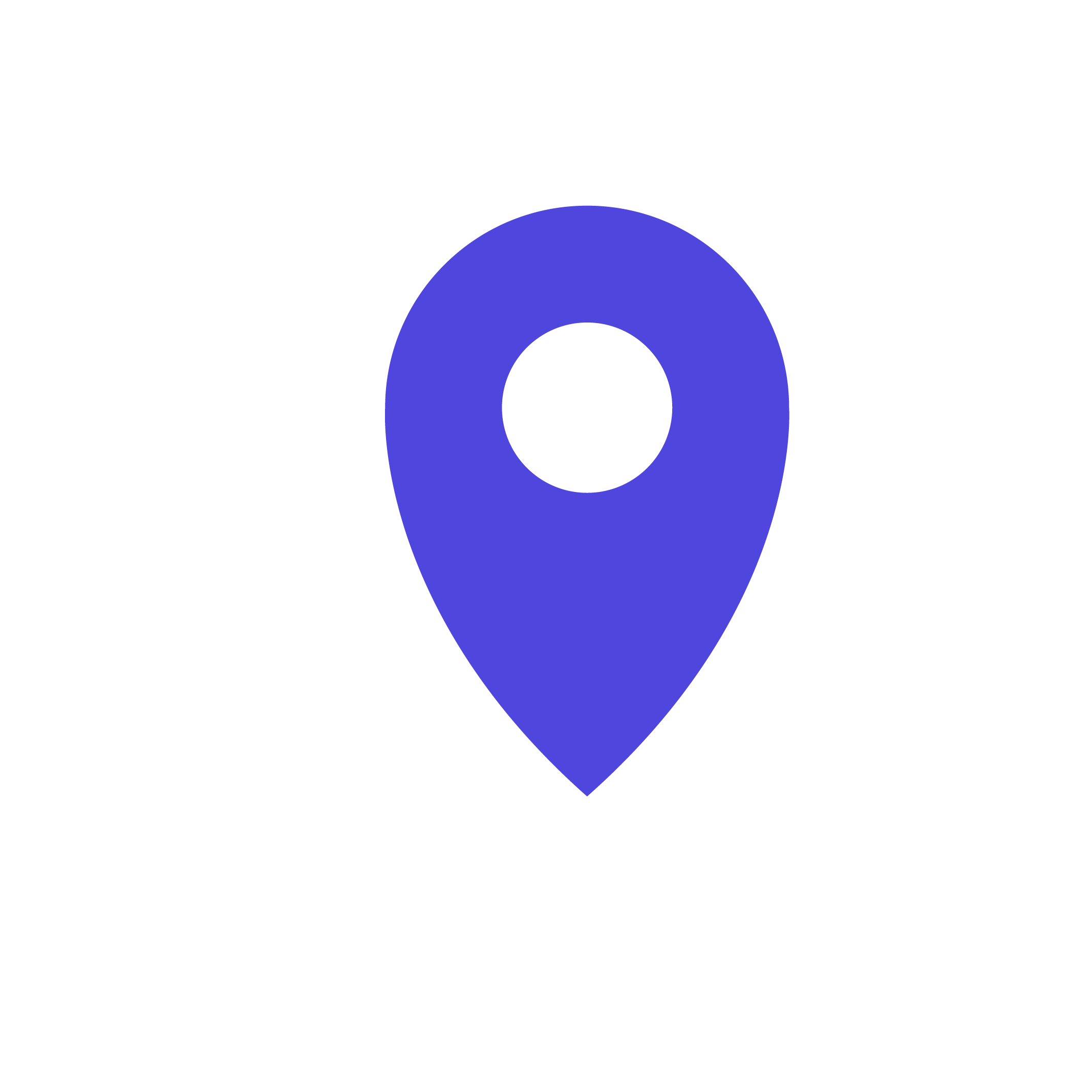What is an offshore bank account and why do I need one?
One of the best ways to protect your money is with offshore bank accounts.
An offshore bank account is a slang term for an account that is not located in your home country. There’s nothing fancy about it other than it lives in a country where you don’t live.
You know, OFF your SHORE somewhere. (I don’t know what they call them in landlocked countries, but I’m sure they understand what we are talking about.)
If you were paying attention to the drama over the past few days (mid-March ’23), you will know that the second and third largest bank failures in US history just happened. I dunno…maybe…JUST MAYBE…it would be prudent to spread your cash around a little.
Betting that your big government daddy will always be there to save the day is a naive and arrogant approach to protecting your money. It would be wise to pick up a few history books to learn how that has gone in the past.
Or, you can ignore this warning and look at your elected officials with the idea that YES, these people will protect me! No action needed! 🙄
Wait…are offshore bank accounts legal?
It is important to note there’s nothing illegal about offshore bank accounts. You will often hear about offshore bank accounts as some sort of tax dodge or a way to launder money. That may have been true 50 years ago, but those days are long gone. That sort of nonsense only exists in the imaginations of Hollywood movie producers at this point.
The international banking system is interconnected and heavily monitored. You may remember the US-led sanctions against Russia for their recent Ukraine invasion.
The sanctions included a ban from the international banking system (SWIFT). It was a big deal at the time and an unprecedented move.
(The sanctions had little-to-no negative effect on Russia. The Russian economy and currency are stronger than they were BEFORE the sanctions. We’ll get into that whole thing some other time.)
It’s important to note that the regulations and requirements for opening bank accounts abroad can vary widely from country to country, and the requirements frequently change. Plus, most countries have strict requirements for US citizens opening accounts due to US tax laws like the Foreign Account Tax Compliance Act (FATCA).
Warning! Or opportunity? Same thing?
There are some countries that are NOT part of the Common Reporting Standard (CRS) in banking. That means they are outside the boundaries and jurisdiction of all the places that report information about their banking clients to the US government. The CRS system enables automatic sharing of client and account data with all member countries and their corresponding surveillance agencies.
You are allowed to bank in the non-CRS countries, but that still doesn’t make you exempt from IRS reporting requirements. Utopia! Haha. Not quite.
You will still need to report any qualifying accounts. If you get caught NOT reporting accounts in those jurisdictions, I can guarantee you will be having a bad time.
Some countries simply won’t do business with US citizens because of the reporting requirements. If they accept even ONE US citizen as a banking customer, they will be forced to hire multiple staff members to manage the compliance required by the US government. For many banks, it’s simply not worth the expense or the hassle so they tell US citizens to bugger off.
Opening an account in a foreign country does NOT put you or your money outside the reach of the IRS. Any foreign bank that accepts US citizens as customers has to comply with IRS reporting requirements.
The long-arm of the US government can reach into your foreign bank accounts if you misbehave, and it would be foolish to think otherwise. Big brother is watching. Always.
That being said, here are a few countries where US citizens can open bank accounts without being a resident of those countries. This is not a comprehensive list, but a good starting point. Feel free to contact us if you need more ideas.
Georgia
Georgia (the country in Eurasia, not the state with the peaches) is one of the easiest places for foreigners to open offshore bank accounts.
All you need is a valid passport and about USD $20 for an initial deposit. Georgian bank accounts allow you to hold USD, EUR, GBP and GEL (Georgian Lari).
Bonus: Term deposits (similar to CDs) in Georgia earn over 10% annual interest right now.
Switzerland
Switzerland has a long history as a destination for offshore banking, and many Swiss banks offer a wide range of financial services to US citizens. The minimum deposit amount is generally very large, so this is not a good option for the average person.
However, those who are particularly interested in privacy may enjoy features of Swiss banking such as anonymous numbered accounts. (Yes, you still have to report your ownership of anonymous numbered accounts to the US government even though Swiss law does not require you to do so.)
Panama
Panama has a reputation as a destination for offshore banking due to its strong privacy laws and relatively easy banking regulations. It’s a quick trip from a few different US airport hubs and a pleasant place to visit.
You may remember the Panama Papers scandal where many wealthy people and politicians were caught hiding money in Panama. That wasn’t the fault of the Panamanian banking system. The ease of banking in Panama has attracted plenty of legitimate money in addition to the jokers who got caught doing naughty things.
Singapore
Singapore has become an increasingly popular destination for offshore banking due to its strong economy, stable political climate and well-developed financial sector.
Remote account opening is available for Singapore bank accounts. There has been a recent trend that requires large account balances for accounts to be opened in Singapore for foreigners, but you may still find some viable options if you don’t have a big balance to move there.
Hong Kong
Hong Kong is another popular offshore banking destination due to its low tax rates and status as a global financial hub. The drawback is the current influence/control of Hong Kong by China. China does not play by anybody’s rules except their own. If they decide they want to take your money, they can do that and they won’t apologize when they do it.
Armenia
Armenia is not part of the CRS system and they offer several cash savings accounts with healthy interest rates (8-12%). You do not need a permanent address in Armenia to open an account, although the opening process will require the use of a translator (inexpensive, and readily available without much hassle).
The latest report from an American friend of ours was the entire account opening process in Armenia took less than 30 minutes. For ANY bank in ANY country, that’s impressive.
What’s next?
It’s important to note that these requirements are subject to change and may vary by bank. It’s also important to research any potential tax implications before opening a foreign bank account, as the IRS requires US citizens to report all foreign bank accounts and assets on their tax returns.
Slightly related tangent: The US dollar is the currency of choice for criminals around the world.
Euros, pounds, pesos, yuan, bitcoin and other cryptocurrencies don’t even come close to the volume of US dollars that are used for illicit activities, despite with the muppets on the nightly news like to insinuate.
Because of that (and maybe a few other reasons I dunno), many foreign banks will be happy to hold your US dollars for you. There’s no need to speculate with foreign currencies, just hold your US dollars somewhere else! Or maybe finally get around to buying some bitcoin while it’s still available at a reasonable price.

